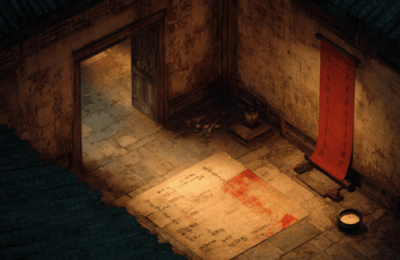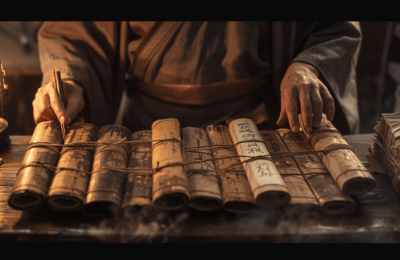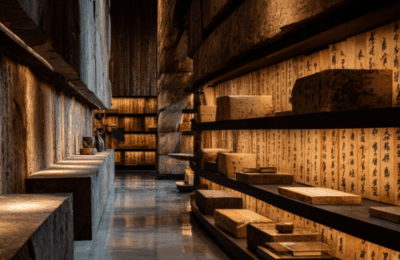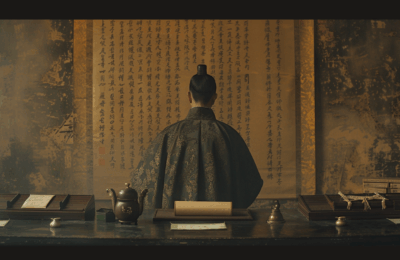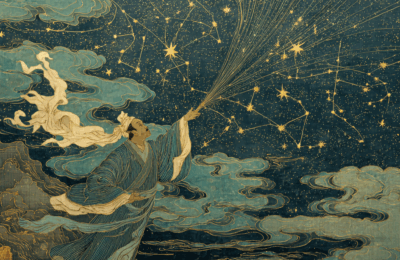《严仓楚简 |楚国暗室:大司马悼滑与他的财政、卜病及红印》
湖北荆门沙洋,一座无战争痕迹的墓室中,出土六百五十余枚竹简。 没有征伐的篇章,只有一位将军的身后记录:祭祷、问病、物品账目——皆以墨书朱印,静静封存。他是楚国大司马悼滑。这些竹简所写的,不是战功,而是一个人在职责、病痛与告别中的生命痕迹。它们不是遗物,而是秩序与人生交织过的证据。In a quiet tomb in Shayang, Jingmen, Hubei, over 650 bamboo slips were unearthed—no tales of war, but the final records of a high-ranking general: ritual petitions, medical inquiries, and personal inventories, inked and sealed in red. His name was Da Sima Dao Hua. These slips speak not of conquest, but of one man’s final journey through duty, illness, and departure. They are not relics, but the trace of how order and life once intertwined.

